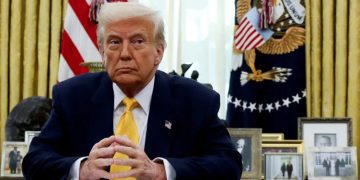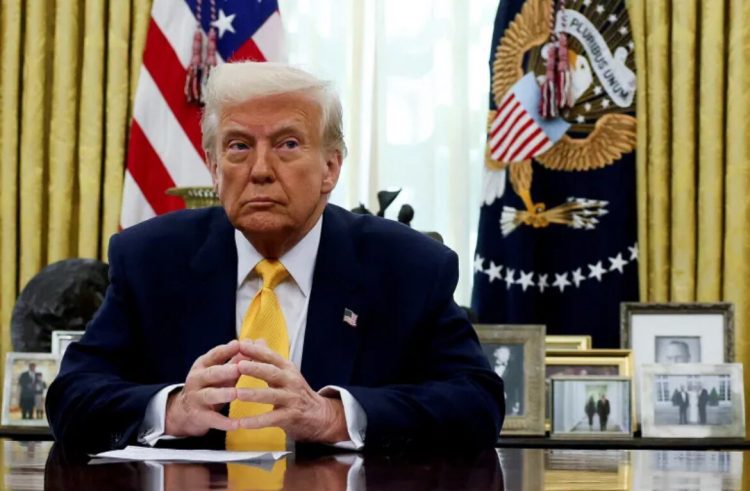What began as a UN meeting on chemical pollution quickly took an ideological turn when the U.S. delegate redirected the discussion to oppose the term “gender arguing it undermines the biological concept of sex.
In a six‑minute intervention, the U.S. insisted the word should be replaced with precise references to biologically defined sex, which it said is especially important for women’s rights.
Over six separate U.N. sessions, spanning topics like women’s rights, science policy, and global health, U.S. representatives repeatedly denounced “gender ideology”, insisting documents consistently affirm that women are biologically female and men biologically male. These remarks were delivered by members of Project 2025, a conservative policy initiative aligned with the Trump administration.
The U.S. position frames gender as exclusive to biological sex, leaving no acknowledgment for trans, nonbinary or intersex individuals who already face global prejudice and violence. The language pushed by U.S. officials erases gender identities that fall outside traditional binaries.
According to policy experts like Kristopher Velasco (Princeton), U.N. language can influence national laws and international norms over time. The entrenchment of terms like “gender ideology” in policy speaks to growing far-right anxieties and a backlash against gender diversity. Critics argue the U.S. push undermines human rights regimes that protect LGBTQ+ and intersex communities.
The fight over terminology is just one front. U.S. delegates also demanded removal of references to climate change, diversity, and even “sexual and reproductive health” from key resolutions; blocking consensus in major international forums. Observers see this as consistent with an “America First” policy that prioritizes sovereignty over global collaboration.
While much of U.N. diplomacy is reserved, some countries like Brazil have publicly endorsed inclusive language, underscoring internal opposition to U.S. positions. Human rights advocates warn that U.S. language could embolden authoritarian regimes even leading to persecution of vulnerable populations.
This global hardline mirrors domestic policies launched at the start of Trump’s presidency:
- Executive orders asserting only two “immutable sexes”
- Bans on gender-affirming care for minors
- Removal of transgender individuals from the military
Earlier U.N. scrutiny in June 2025 highlighted the vilification of trans and nonbinary people, a worldview U.S. delegates now bring to international lawmaking.
An Ongoing Battle Over Words and Rights
With thousands of bracketed terms in U.N. texts still under negotiation, single words like “gender equality” can delay or derail major resolutions. U.S. insistence on using “sex” instead of “gender” has already stalled progress in forums on sustainable development and women’s empowerment.
Why It Matters
Language at the U.N. sets global norms. Tightening definitions to biological sex only risks excluding millions from international protections, and gives moral cover to restrictive regimes. U.S. influence over these debates may shape the next generation of global human rights policies.






























